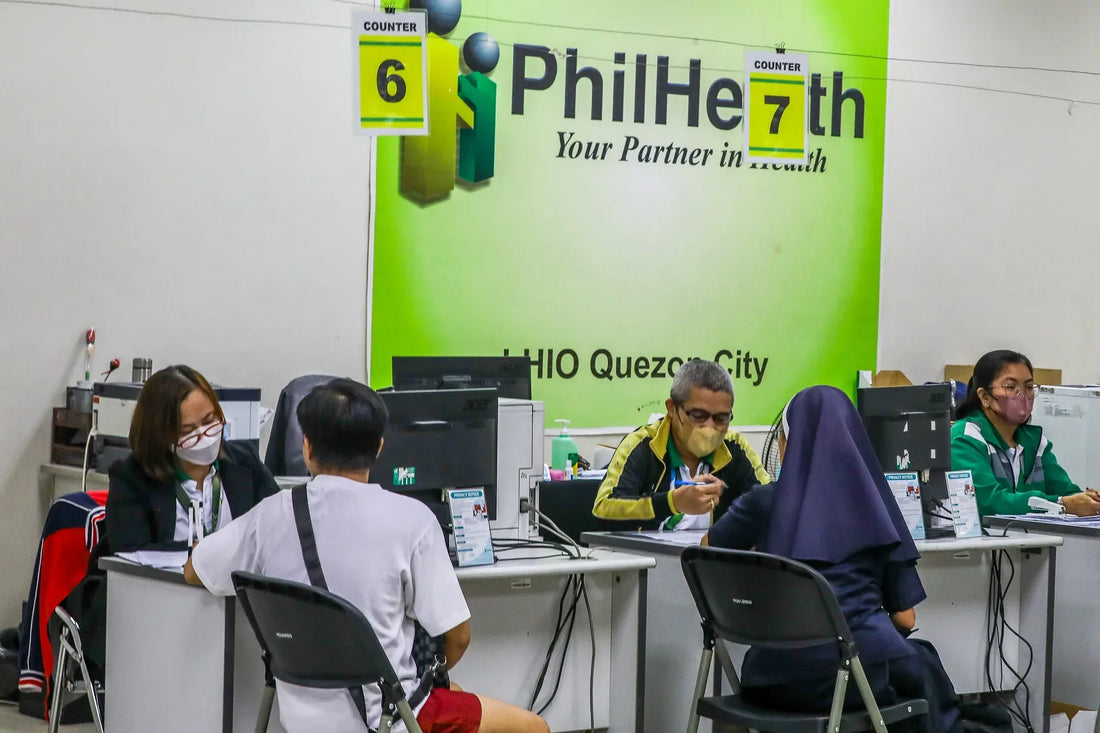
PhilHealth Removes 45-Day Confinement Limit, Expanding Coverage for Members
Manila, Philippines — The Philippine Health Insurance Corporation (PhilHealth) has officially abolished its long-standing “45-day benefit limit” on hospital confinement, a move aimed at ensuring broader access to healthcare services for its members and their dependents.
PhilHealth President and CEO Dr. Edwin Mercado described the policy as outdated, saying it no longer aligns with the corporation’s evolving payment mechanisms. “The 45-day benefit limit is an obsolete cost-containment strategy. While it may have served its purpose in the past, healthcare needs have changed, and many treatments require extended coverage. Reforming this policy is a necessary step forward,” Mercado stated in a press release on Thursday.
The PhilHealth board, chaired by Health Secretary Teodoro Herbosa, approved the policy update through PhilHealth Circular No. 2025-007. Effective April 4, the removal of the 45-day limit will apply to all medical conditions and surgical procedures covered under the existing All Case Rates payment mechanism. The revised policy aims to enhance financial protection for patients admitted to accredited health facilities, including those availing of specialized healthcare packages.
Greater Access to Critical Healthcare
Previously, PhilHealth members were restricted to a maximum of 45 days of hospital confinement per year, while their dependents shared another 45-day limit among themselves. Any medical expenses beyond this threshold had to be shouldered by patients and their families.
Originally designed to prevent overutilization of healthcare services, the 45-day rule was seen as a barrier to comprehensive treatment, particularly for those with chronic illnesses or severe conditions requiring prolonged hospitalization.
“With the expanded mandates of PhilHealth under various health laws, including Republic Act Nos. 9241, 10606, and 11223, cost-containment measures should not come at the expense of critical services,” the state health insurer emphasized.
Quality Assurance and Oversight
Under the new directive, hospitals handling patient confinements exceeding 45 days are encouraged to conduct internal audits and quality assurance reviews.
PhilHealth has also committed to closely monitoring patient admissions, readmissions, and benefit utilization exceeding the previous limit. The agency will implement strict compliance assessments for healthcare facilities through its Health Care Providers Performance Assessment System, ensuring that hospitals adhere to clinical standards and reimbursement protocols.
“We want to guarantee that Filipinos with severe illnesses, chronic conditions, or those requiring extended hospitalization can continue receiving essential healthcare services without the fear of falling into financial distress,” Mercado emphasized.
A Shift Towards Value-Based Healthcare
PhilHealth’s latest reform is part of a broader initiative to enhance the country’s healthcare financing system. Mercado pointed out that while hospitals have already been implementing patient outcome monitoring, PhilHealth aims to transition towards value-based financing gradually.
“Our objective is to provide our members with genuine peace of mind by ensuring that every service covered by PhilHealth translates to real, measurable health benefits,” Mercado said.
This recent policy shift follows the removal of another outdated provision—the “single period of confinement” rule—which previously restricted claims for repeated hospitalizations due to the same illness within a 90-day period. The rule had caused financial strain for many patients, particularly those undergoing long-term treatments like dialysis, chemotherapy, and blood transfusions.
By continuously refining its policies, PhilHealth is working toward a more inclusive and responsive healthcare system, prioritizing patient welfare while maintaining sustainability in its operations. With these changes, Filipinos can expect better financial protection and improved access to quality medical care.
